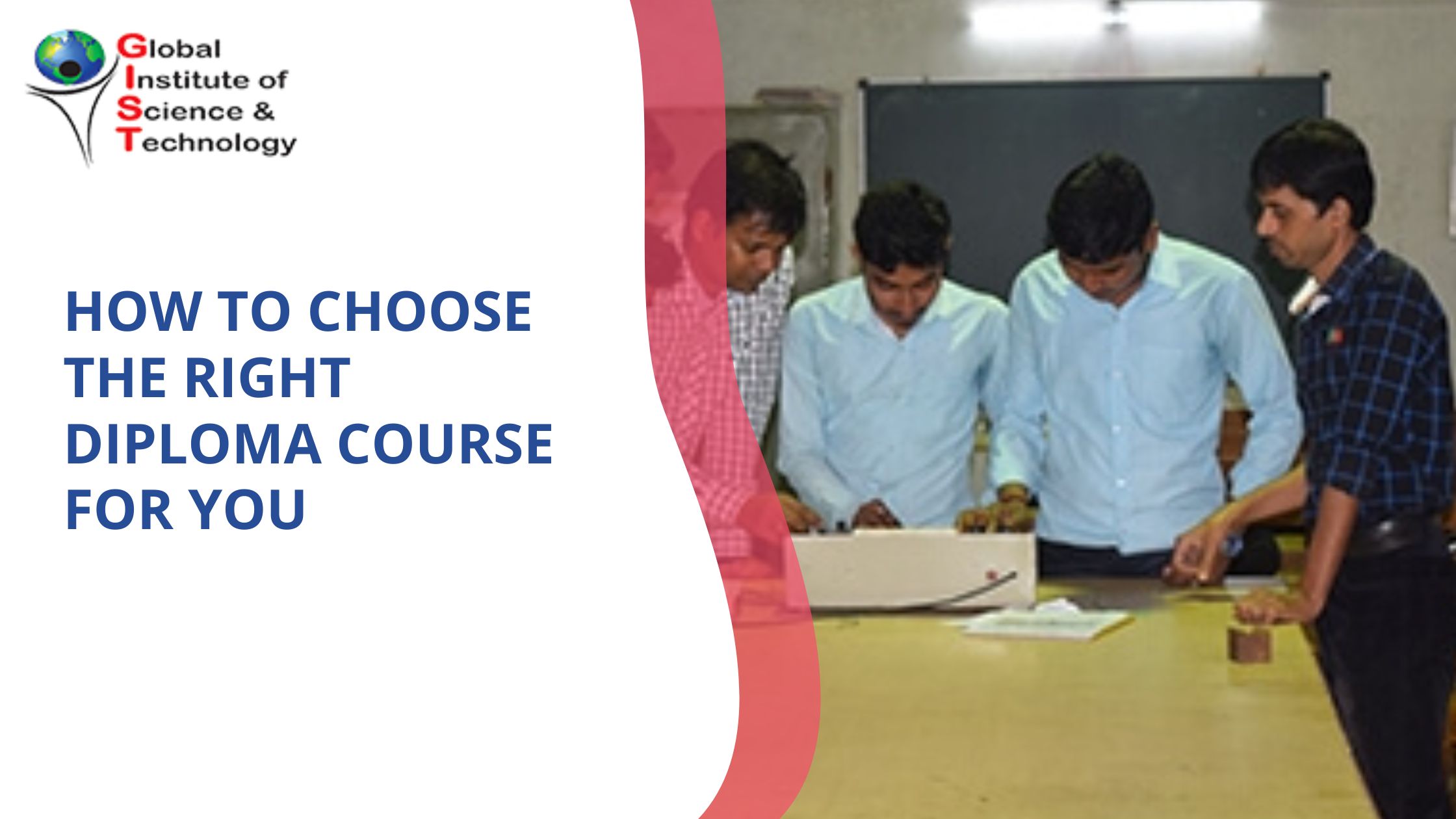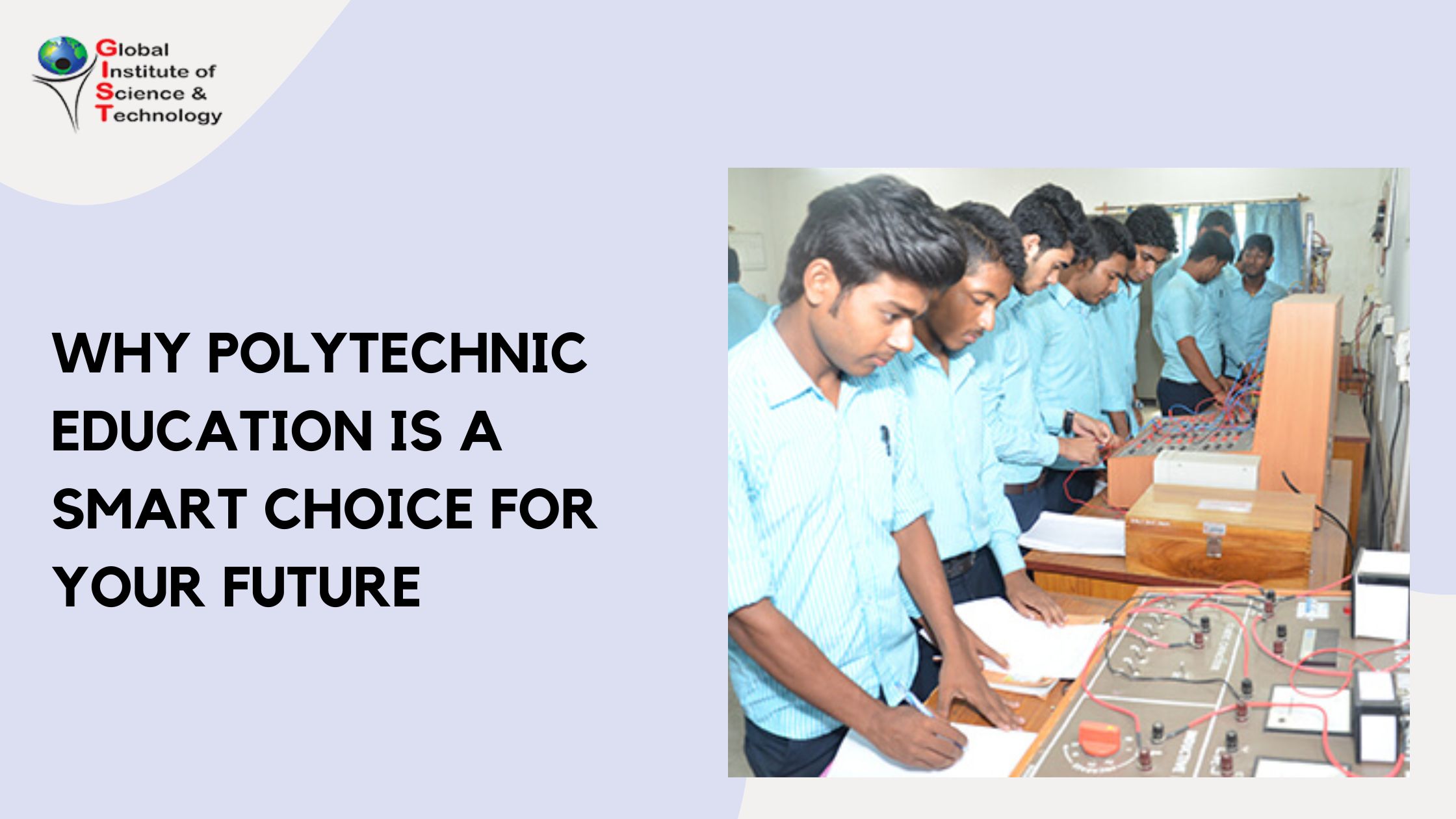-
Student Login NEW
Student Login
ADMISSIONS OPEN - 2026
Diploma of Vocation Courses vs Degrees: Choosing the Right Path for You
- Home -
- Blog-Details
.jpg)
- 14 Jun
- 2024
Diploma of Vocation Courses vs Degrees: Choosing the Right Path for You
Choosing the right educational path is a crucial decision that can significantly impact your career trajectory. Whether you're a recent high school graduate or someone looking to upskill, the choice between a Diploma of Vocation Course (DVoc) and a traditional degree program can be daunting.
This comprehensive guide from the Global Institute of Science and Technology (GIST) aims to break down the key differences, benefits, and drawbacks of both options, empowering you to make an informed decision aligned with your goals and aspirations.
Understanding Diploma of Vocation (DVoc) Courses
DVoc courses, also known as vocational diplomas or technical diplomas, are designed to equip students with specific skills and knowledge required for a particular trade or profession. These courses are typically shorter in duration than traditional degree programs and focus on practical, hands-on training.
Pros of DVoc Courses:
Shorter Duration: Most DVoc programs can be completed in one to two years, allowing you to enter the workforce faster.
Practical Skills: DVoc courses emphasize practical training, ensuring you graduate with job-ready skills.
Industry Relevance: Curriculum is often designed in collaboration with industry experts, keeping the content relevant to current job market demands.
Affordability: DVoc programs tend to be more affordable than degree programs.
Career-Focused: DVoc courses are specifically geared towards preparing you for a particular career path.
Cons of DVoc Courses:
Limited Scope: DVoc programs offer specialized knowledge, which may limit your career options if you decide to change fields later.
Perceived Value: In some industries, a DVoc may not hold the same prestige as a traditional degree.
Fewer Theoretical Concepts: DVoc courses prioritize practical skills over in-depth theoretical knowledge.
Understanding Traditional Degree Programs
Degree programs, such as Bachelor's or Master's degrees, offer a broader educational experience. They typically involve a mix of theoretical knowledge, research, and practical components. Degree programs can take three to four years (or longer for postgraduate studies) to complete.
Pros of Degree Programs:
Comprehensive Education: Degree programs provide a deeper understanding of theoretical concepts and a broader knowledge base.
Versatility: A degree opens doors to a wider range of career paths and industries.
Prestige: Degrees are often highly regarded by employers and can enhance your career prospects.
Research Opportunities: Degree programs often include research components, allowing you to develop critical thinking and analytical skills.
Further Education: A degree is a prerequisite for many postgraduate programs.
Cons of Degree Programs:
Longer Duration: Degree programs require a significant time investment.
Higher Cost: Tuition fees for degree programs are generally higher than DVoc programs.
Less Immediate Job Readiness: Degree programs may not equip you with the same level of practical skills as DVoc courses upon graduation.
Making the Right Choice: Factors to Consider
Career Goals: What specific career path are you interested in? Some careers may require a degree, while others may be more accessible with a DVoc.
Learning Style: Do you prefer hands-on, practical training, or a more theoretical approach?
Financial Considerations: Consider the cost of tuition and the potential return on investment for each option.
Time Commitment: How much time are you willing to dedicate to your education?
Contact us today to learn more about our courses and how we can help you achieve your career goals.
Latest Posts
-
3 Dec, 2025
-
13 Jun, 2025
-
21 Jan, 2025
-
13 Jan, 2025
-
1 Jan, 2025
-
18 Dec, 2024
-
11 Dec, 2024
-
22 Nov, 2024
-
21 Jun, 2024
-
17 May, 2024
-
21 Nov, 2023
-
10 Nov, 2023
-
13 Sep, 2023




.webp)
.webp)
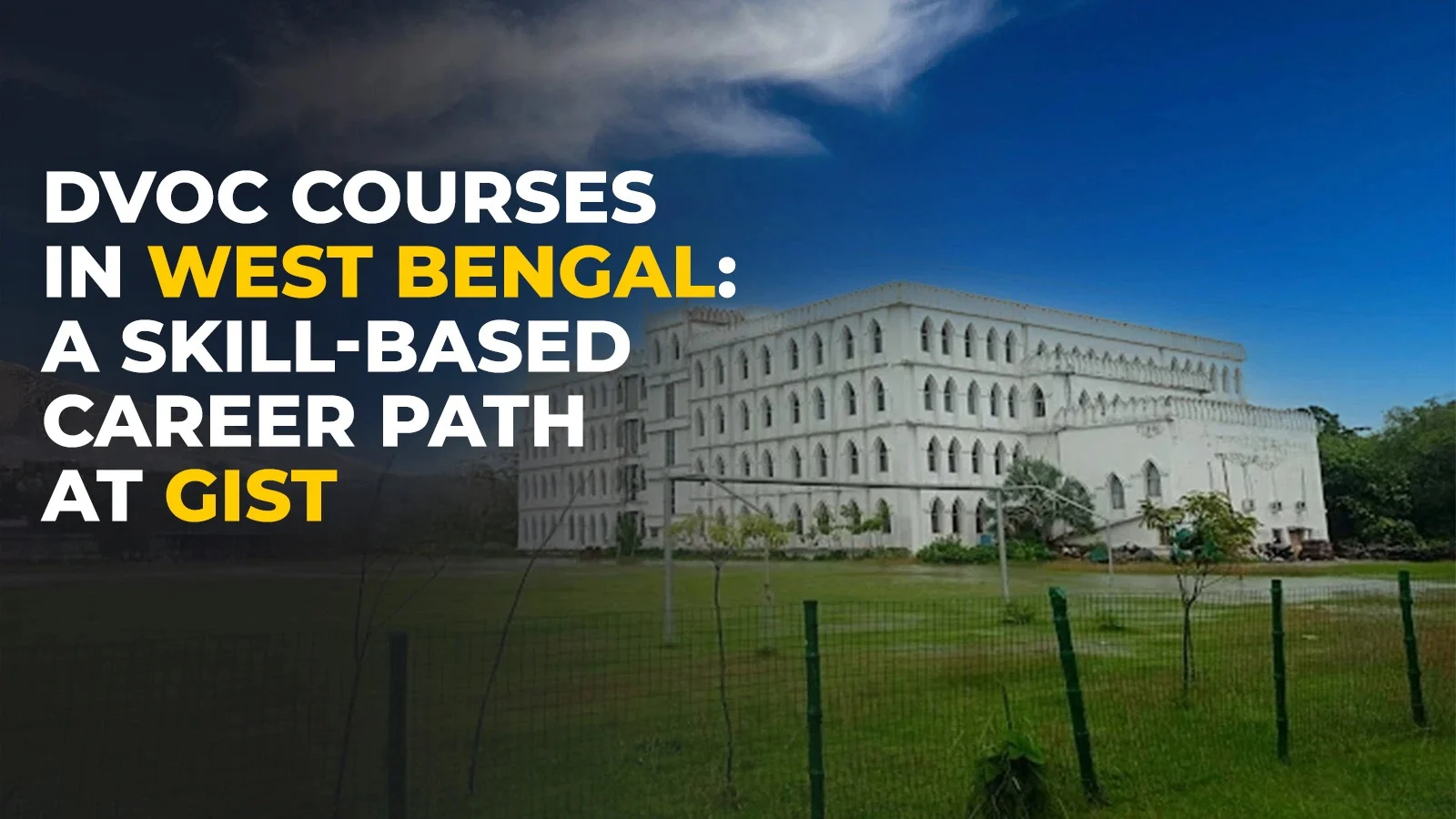
.webp)
.webp)
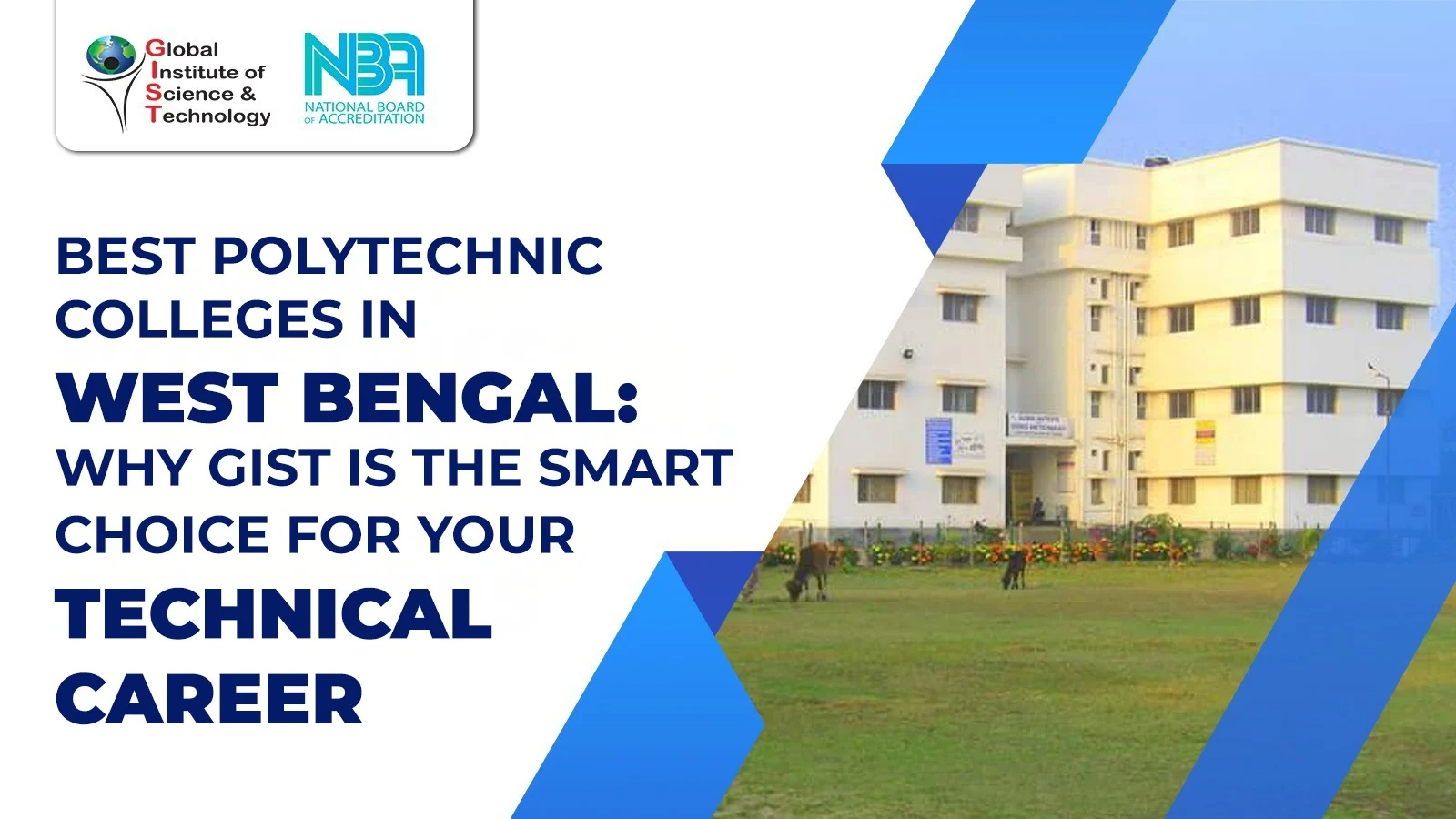
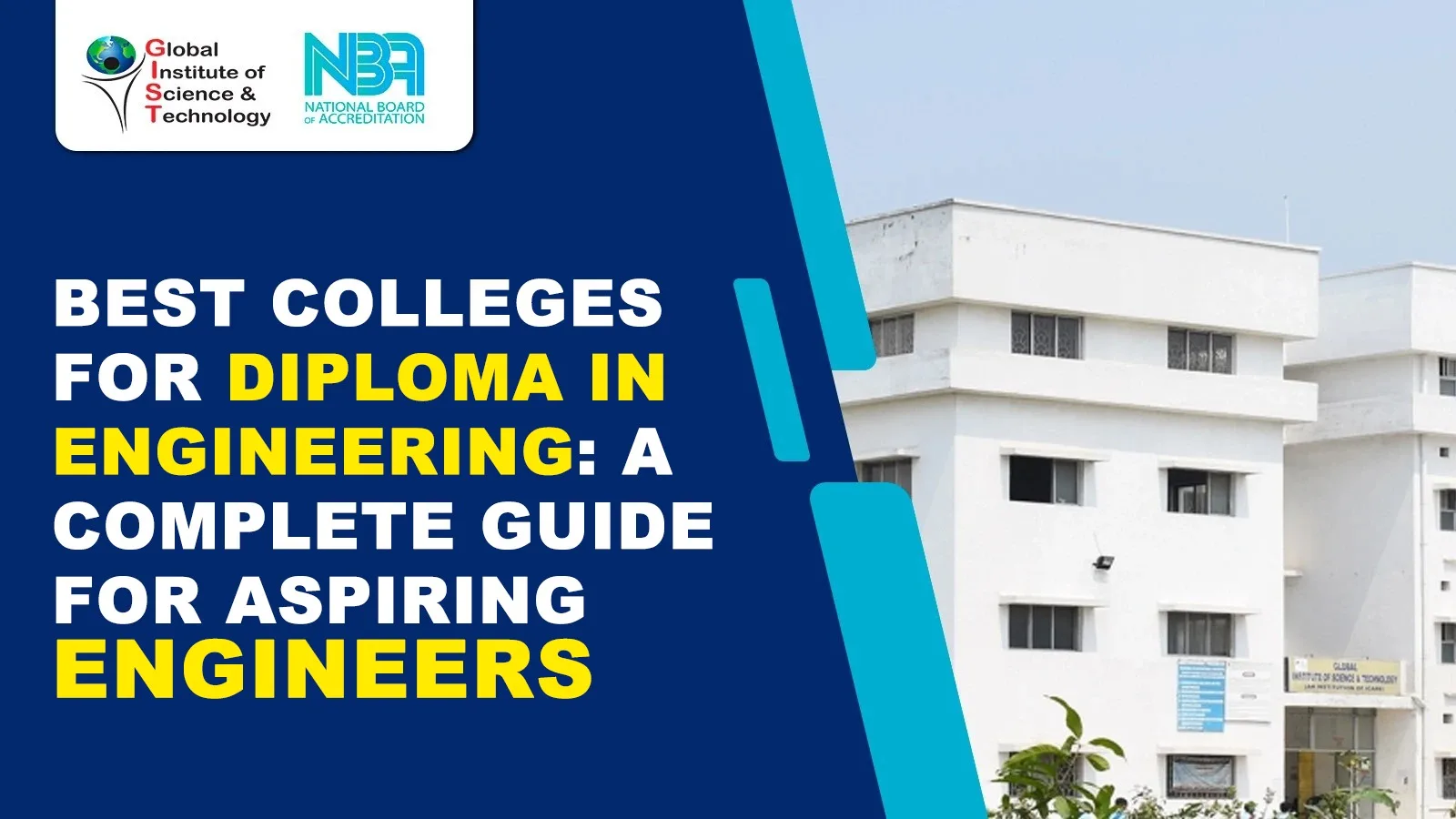

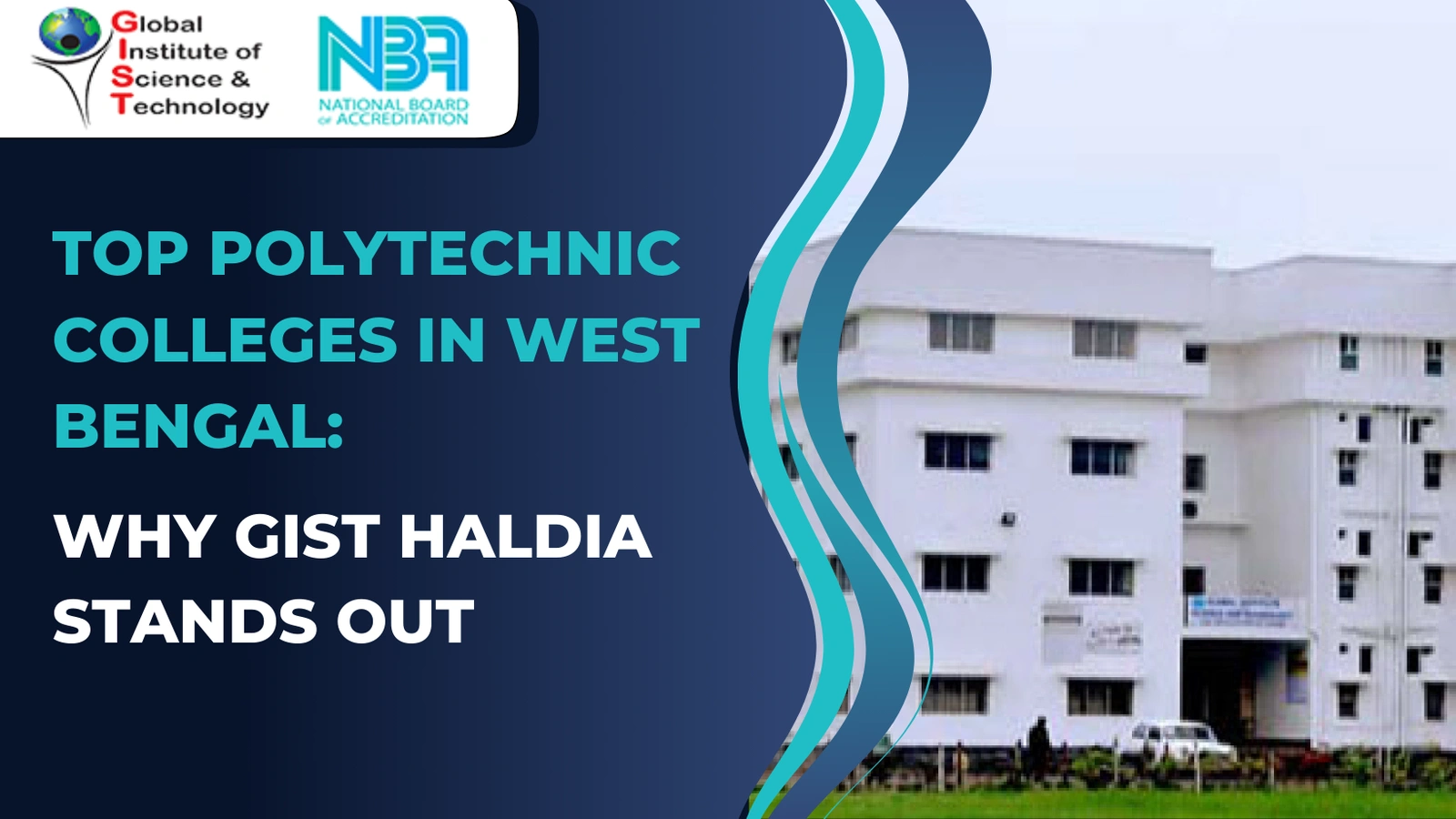
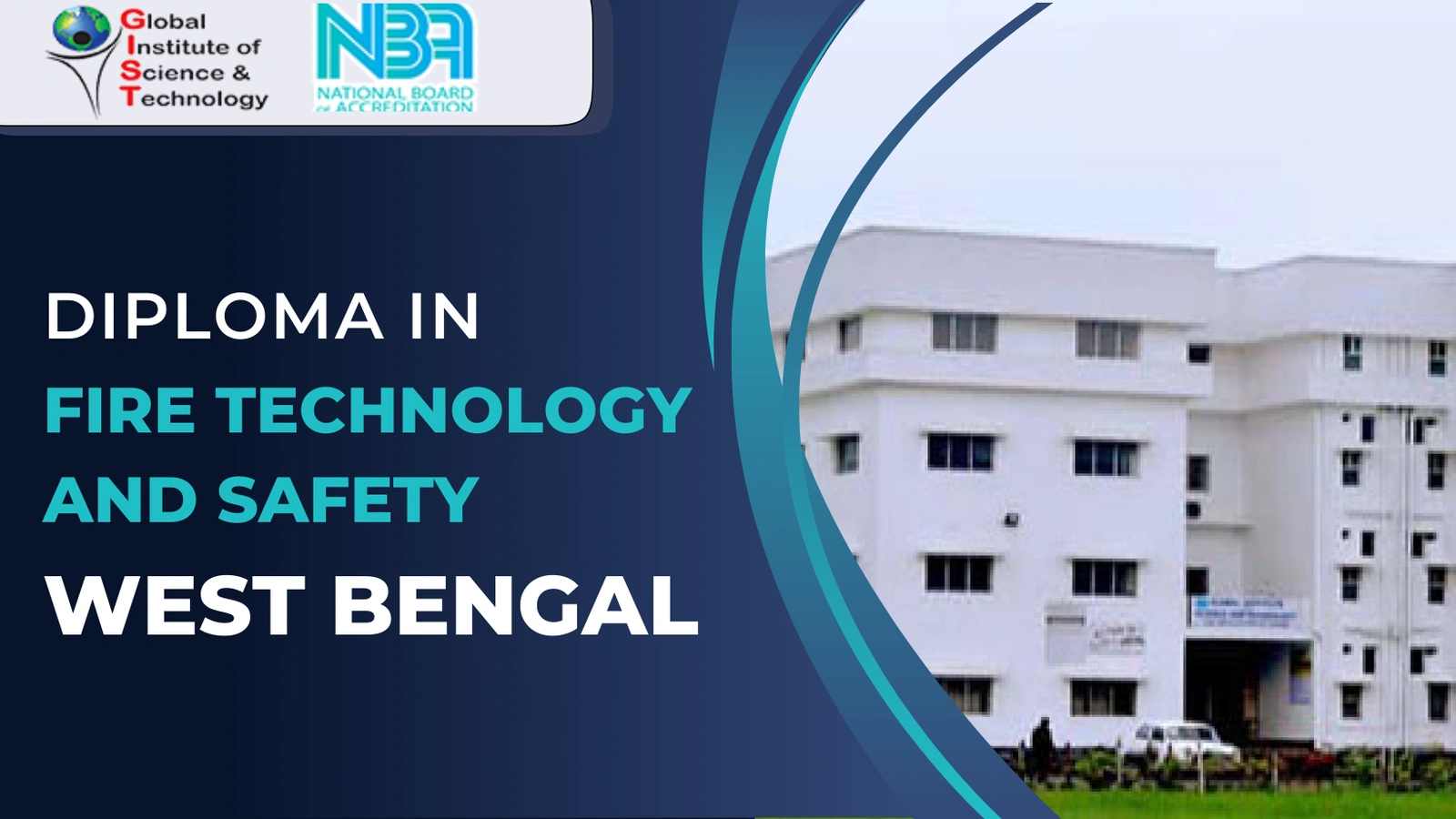
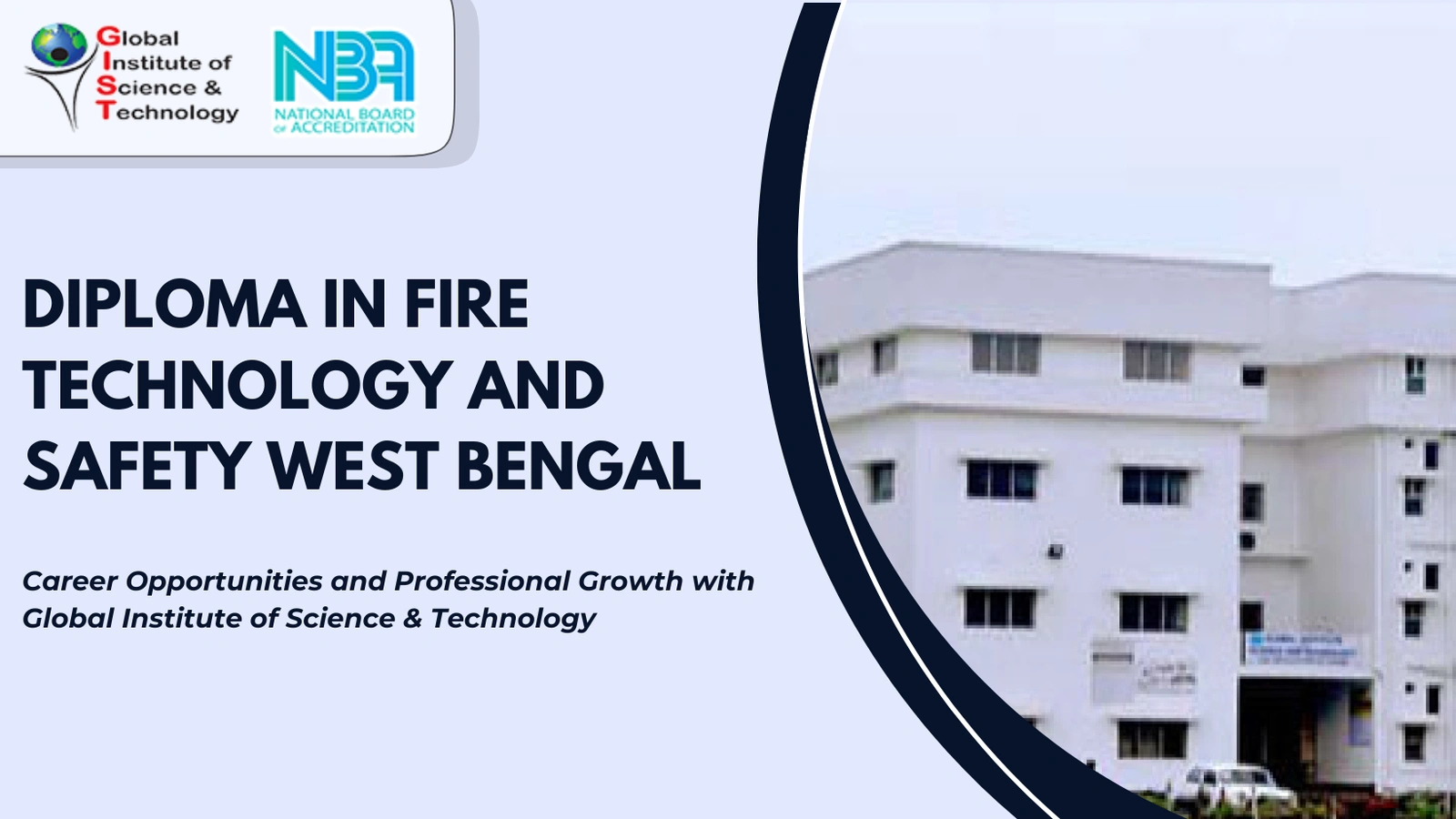

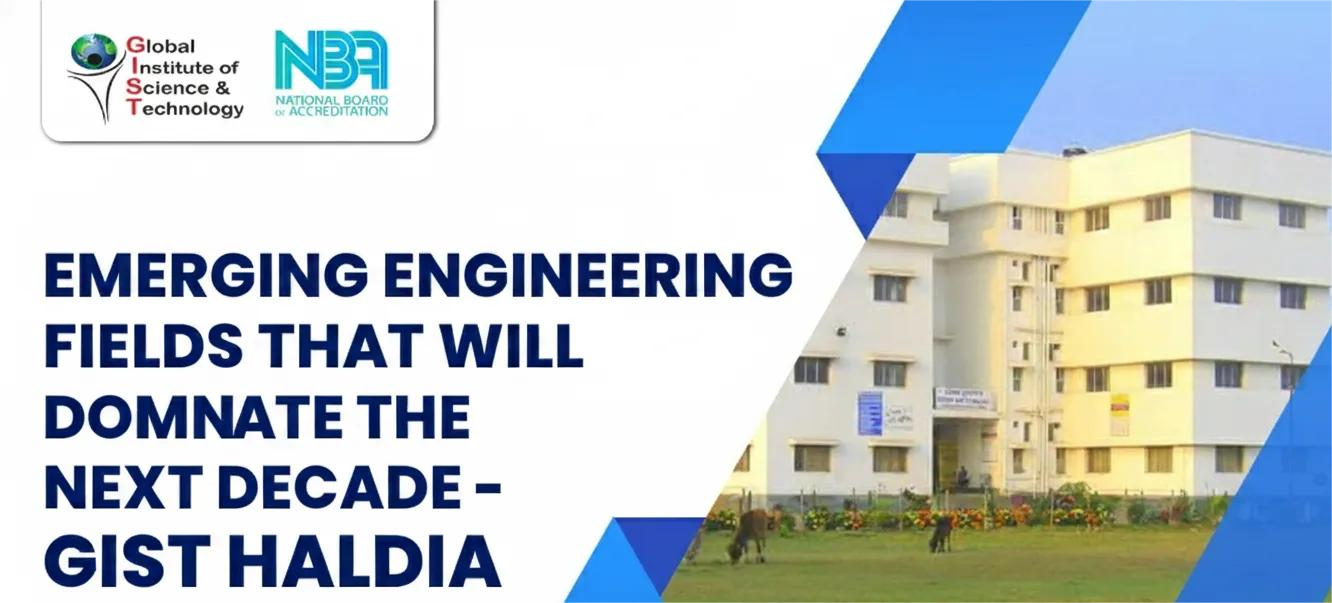
.webp)
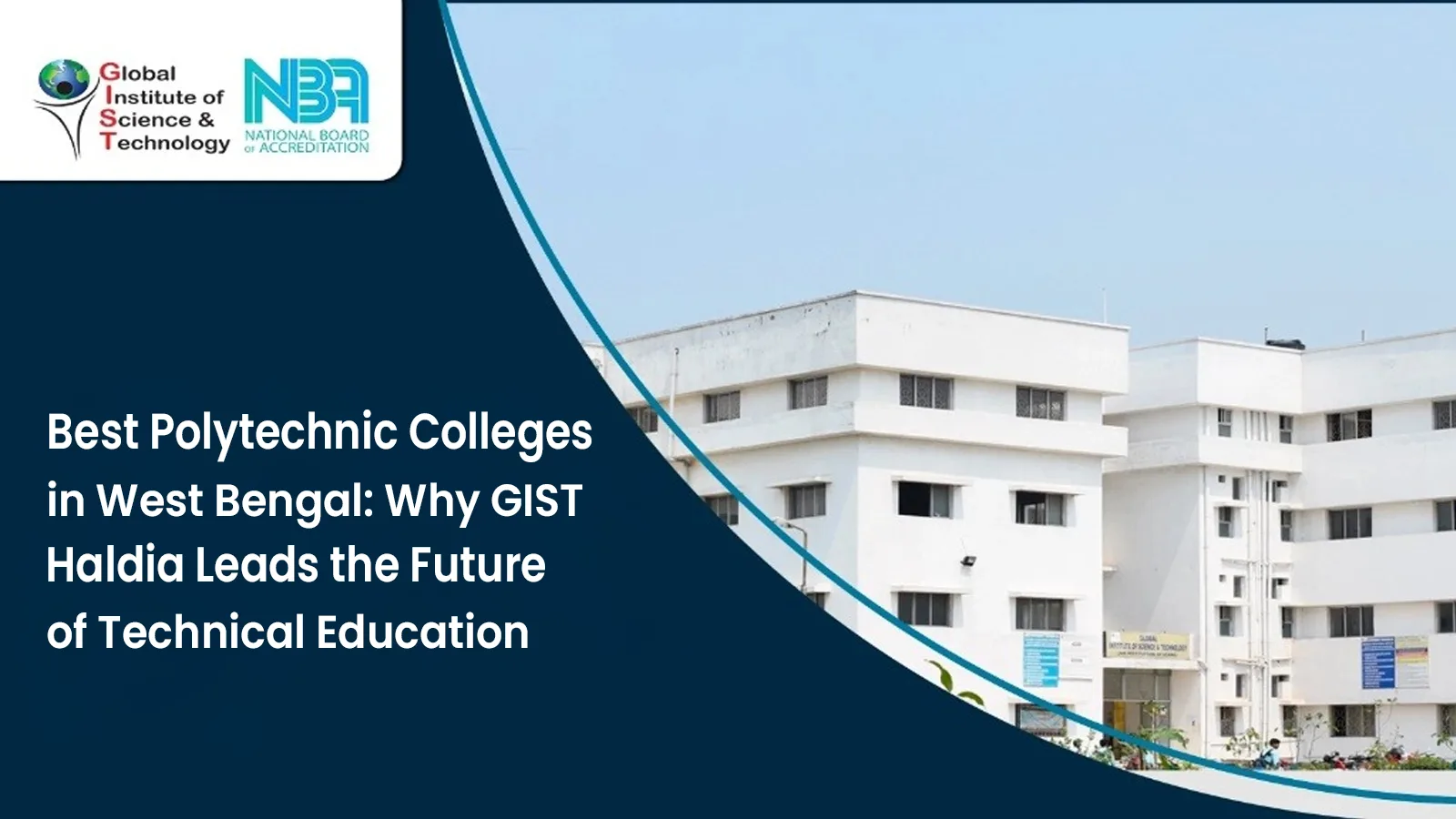
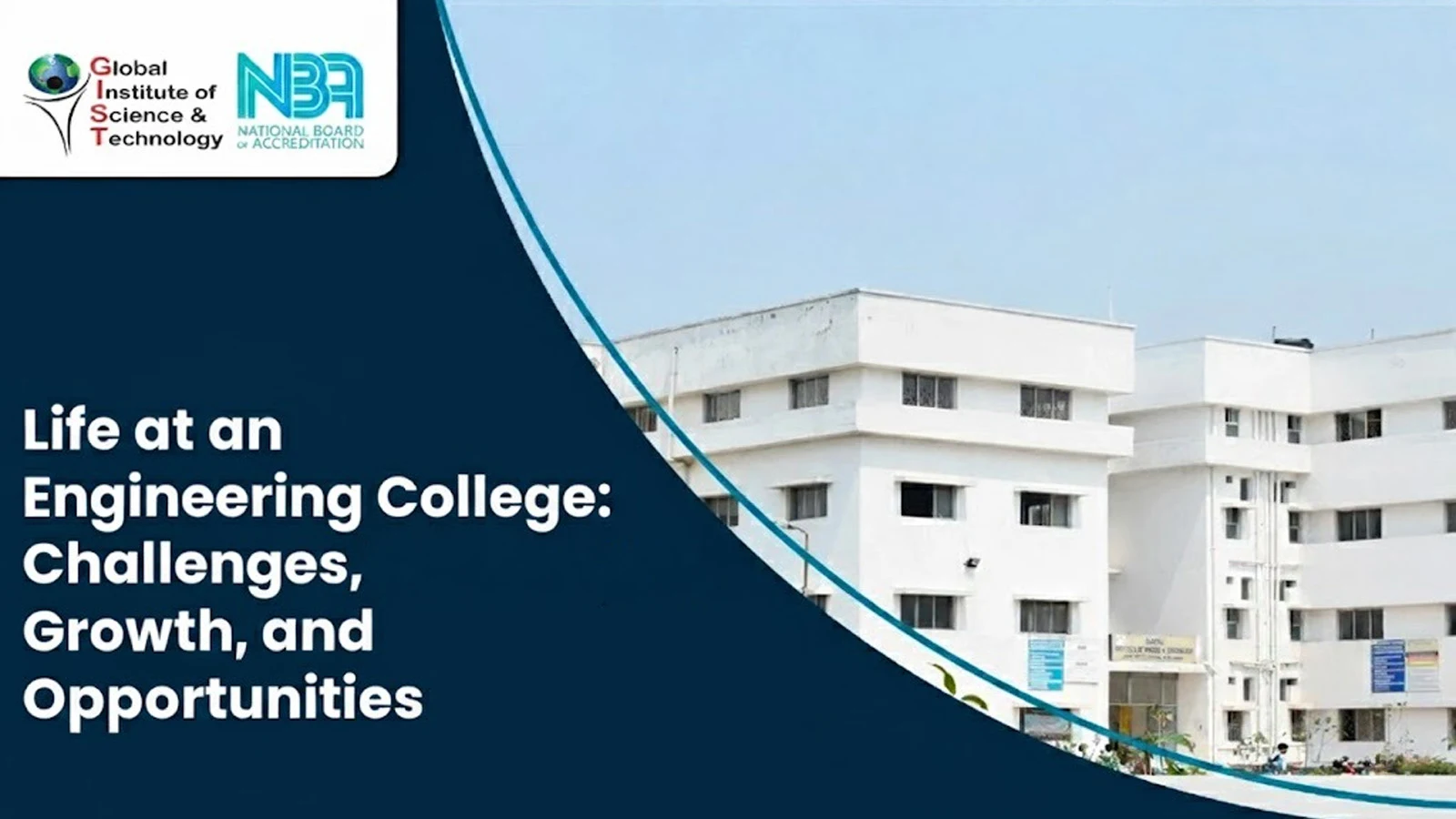
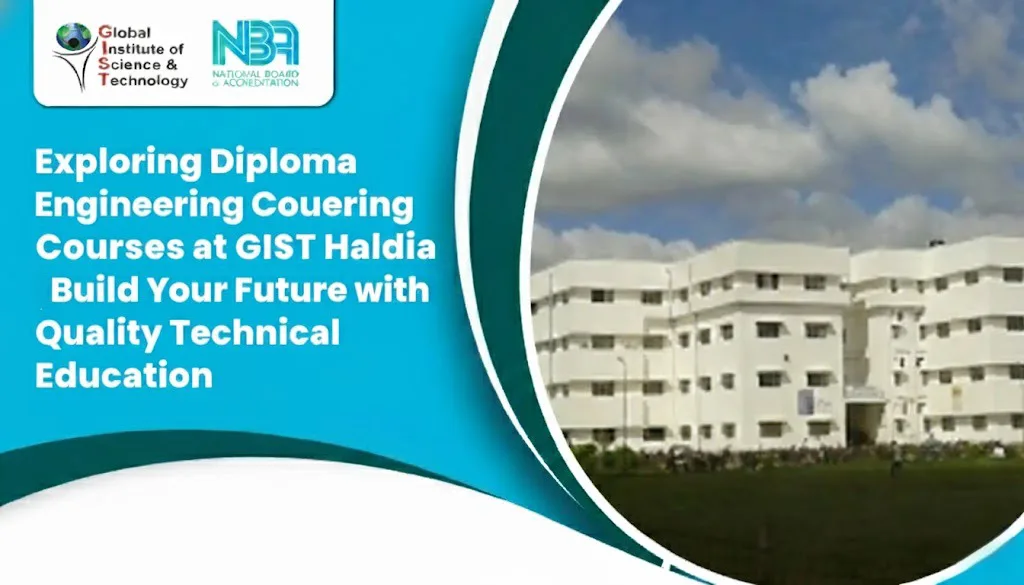
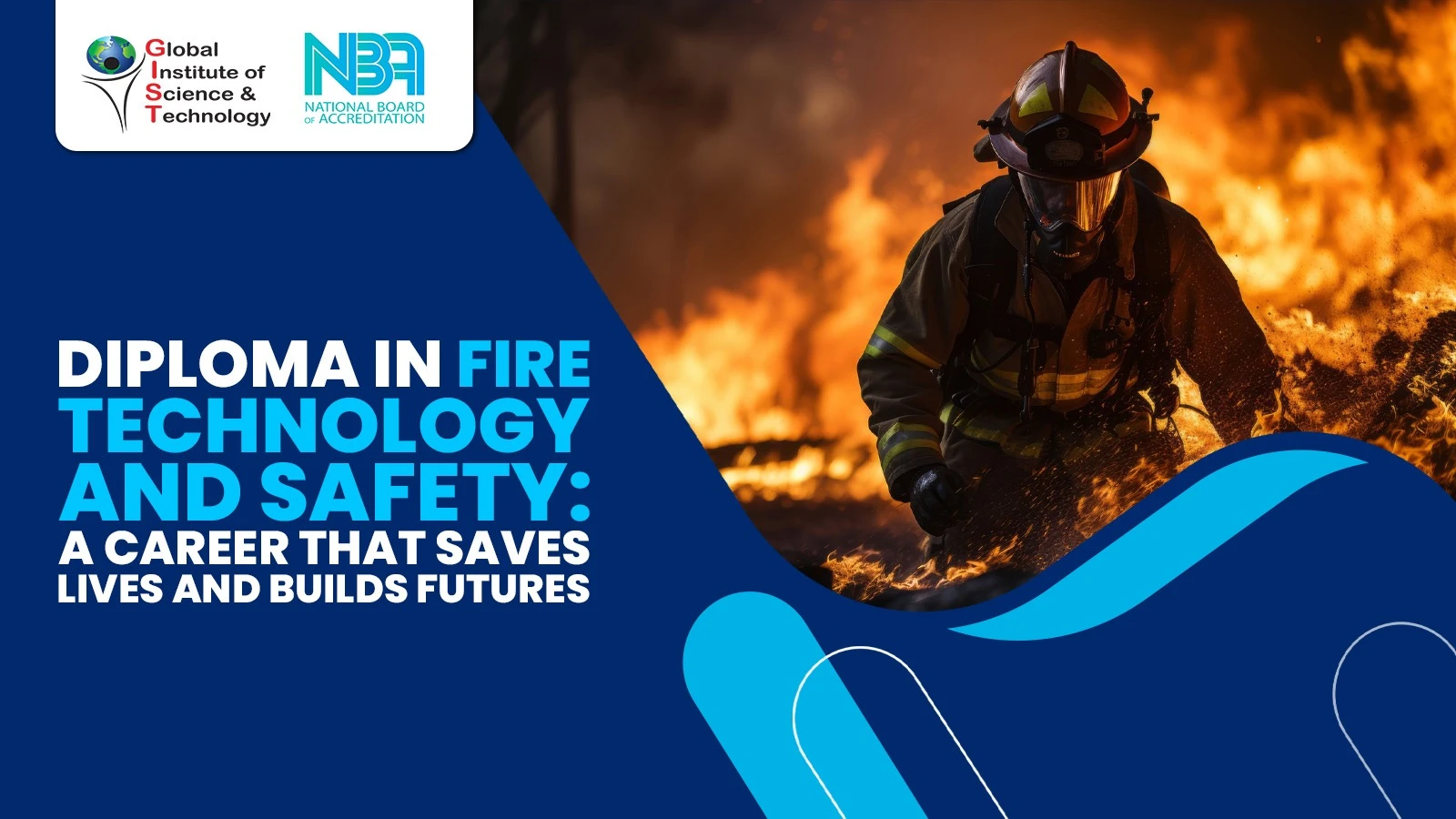
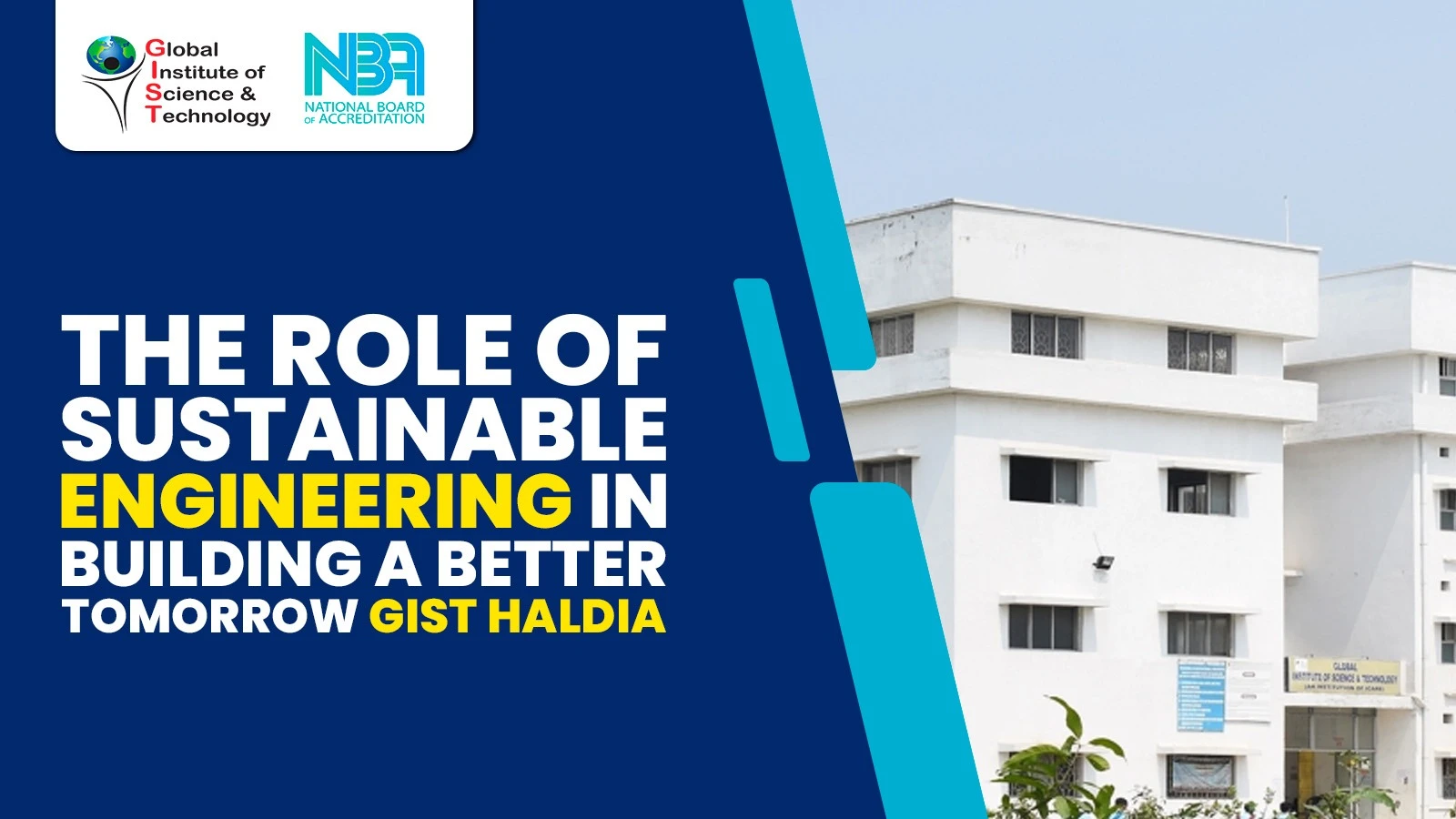
.webp)
.webp)
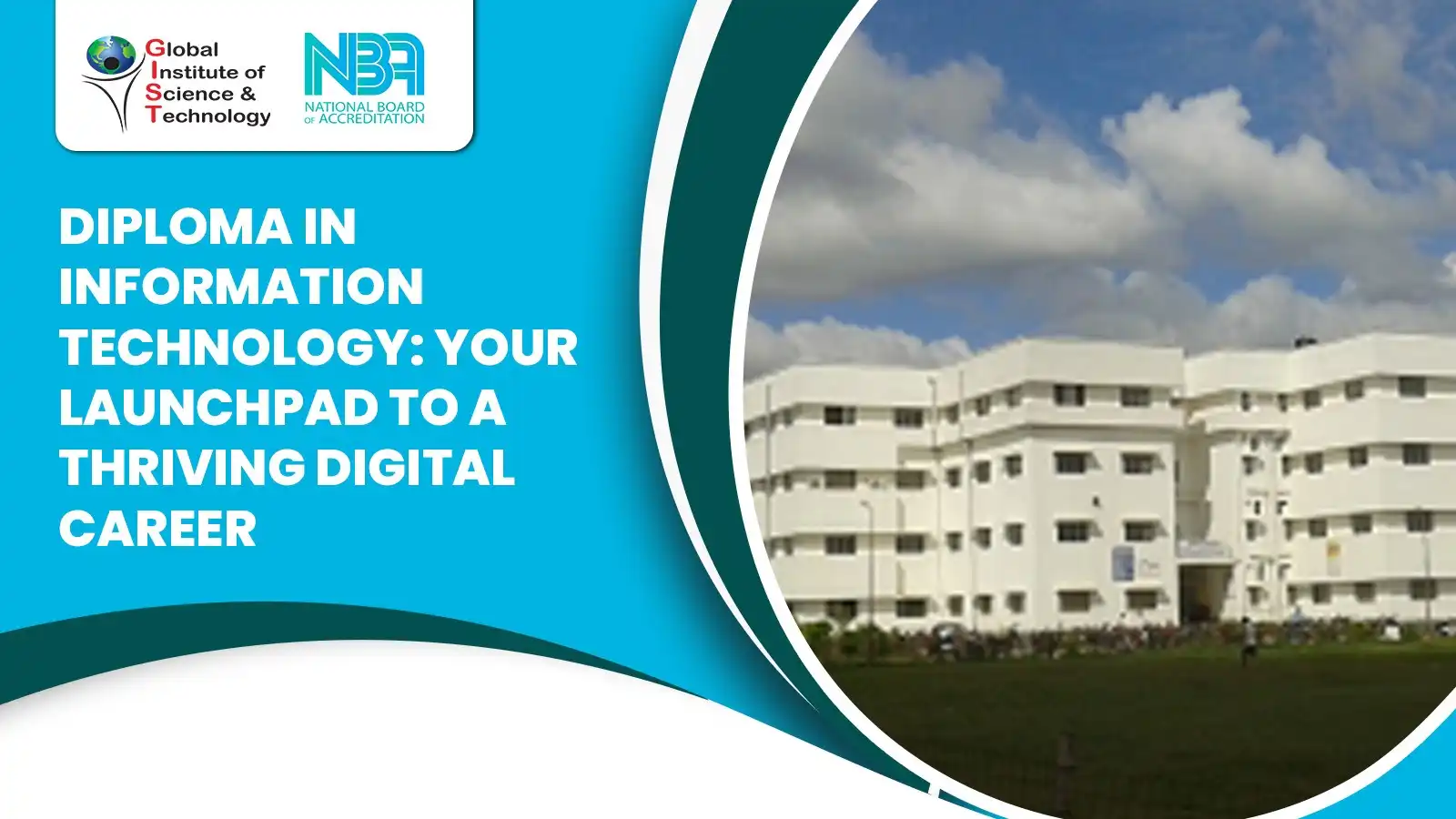


.webp)

.webp)



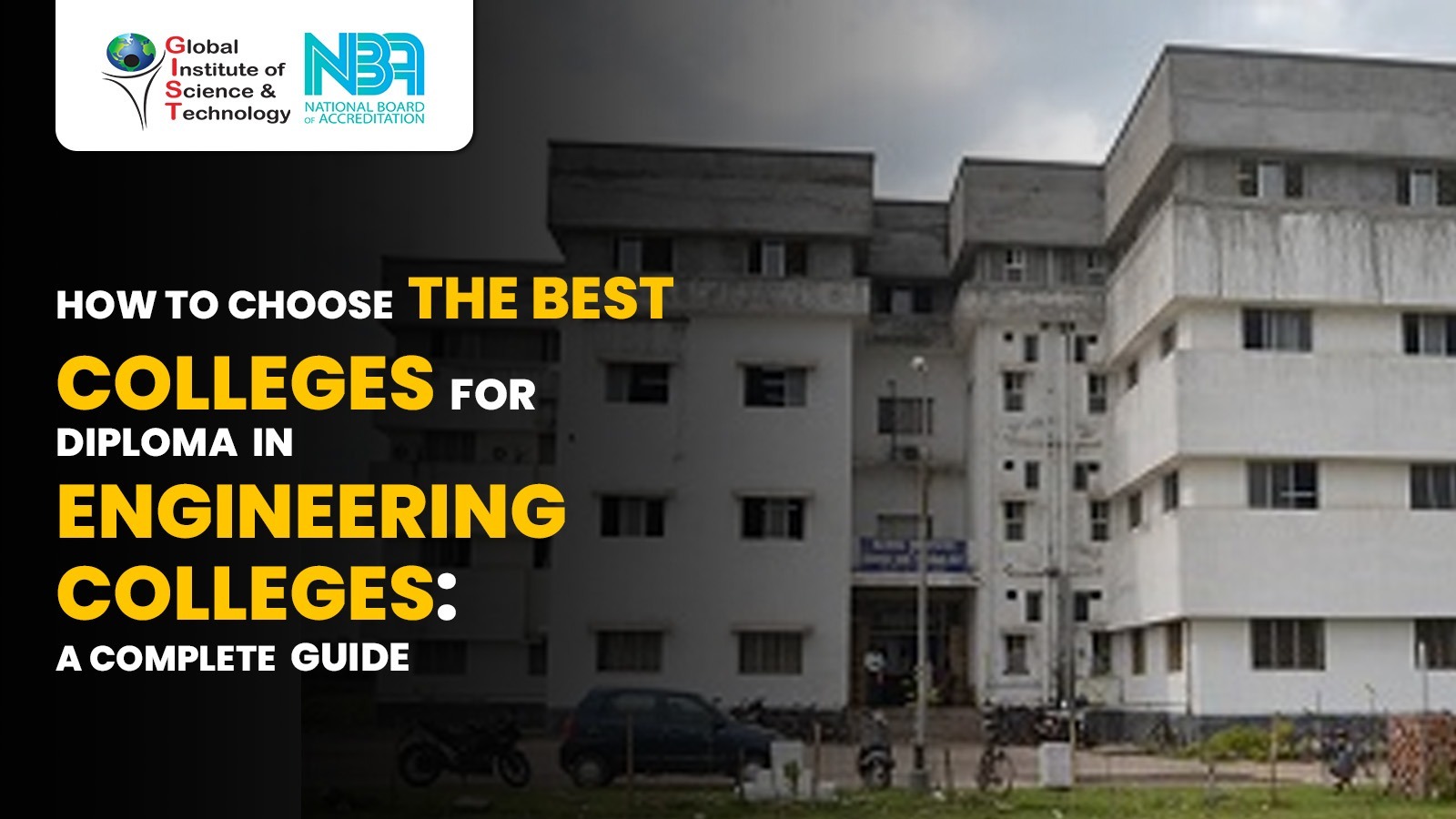
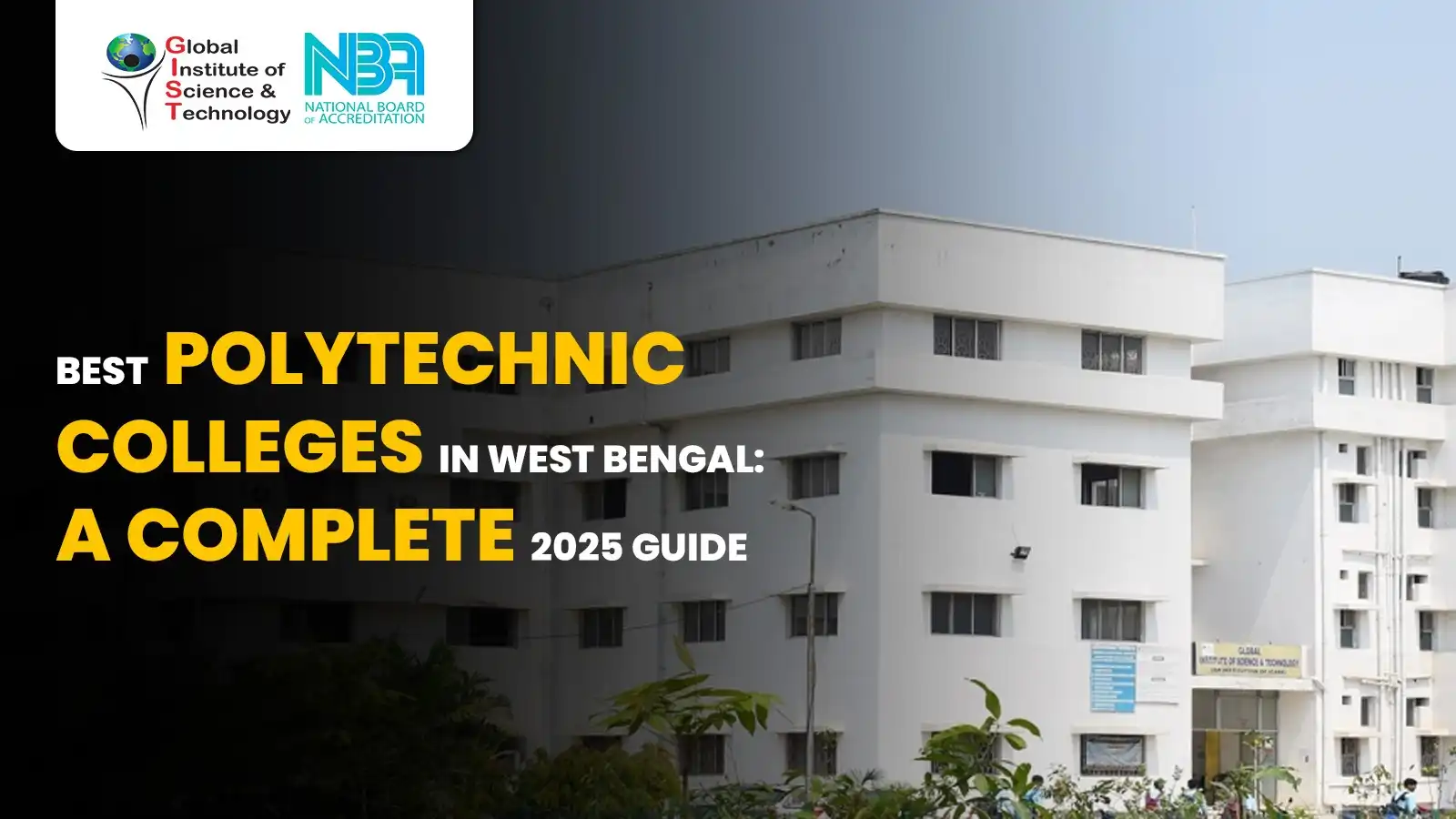

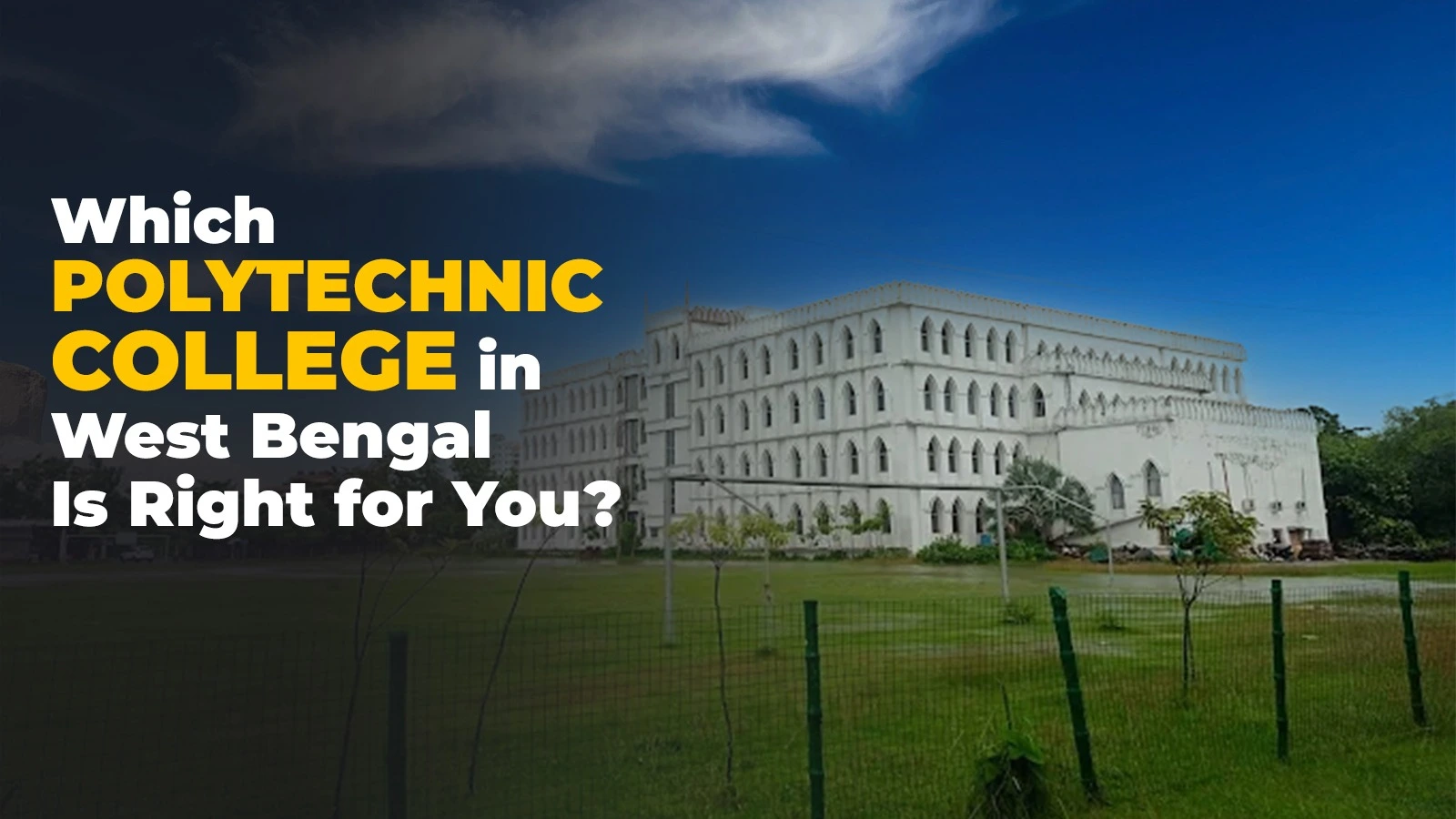
.webp)
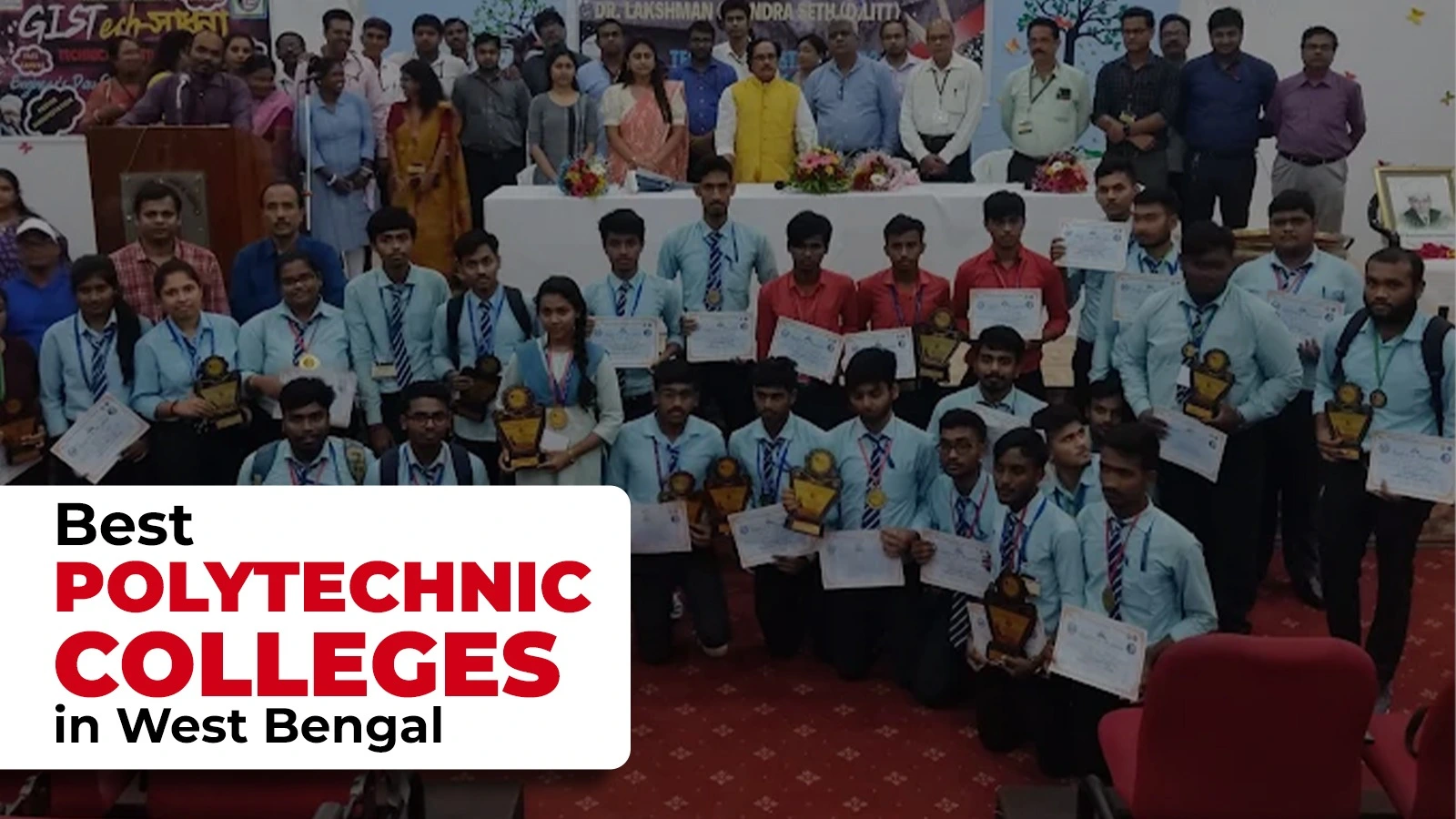
























.jpg)


.jpg)
.jpg)
.jpg)



.jpg)
.jpg)
.jpg)



.jpg)



.jpg)



.jpg)











.png)
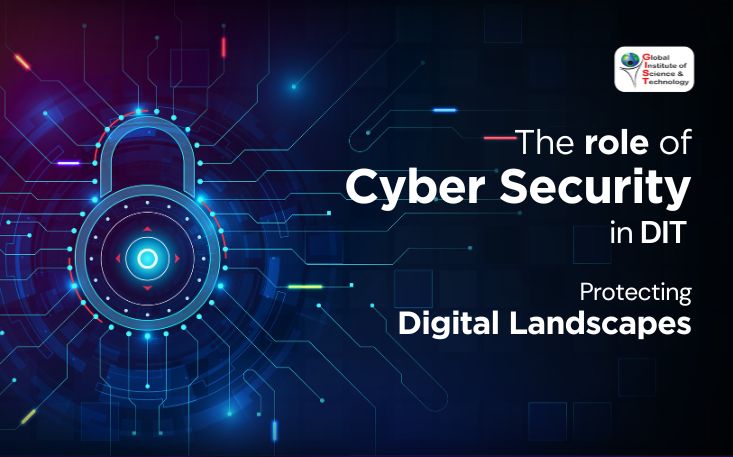
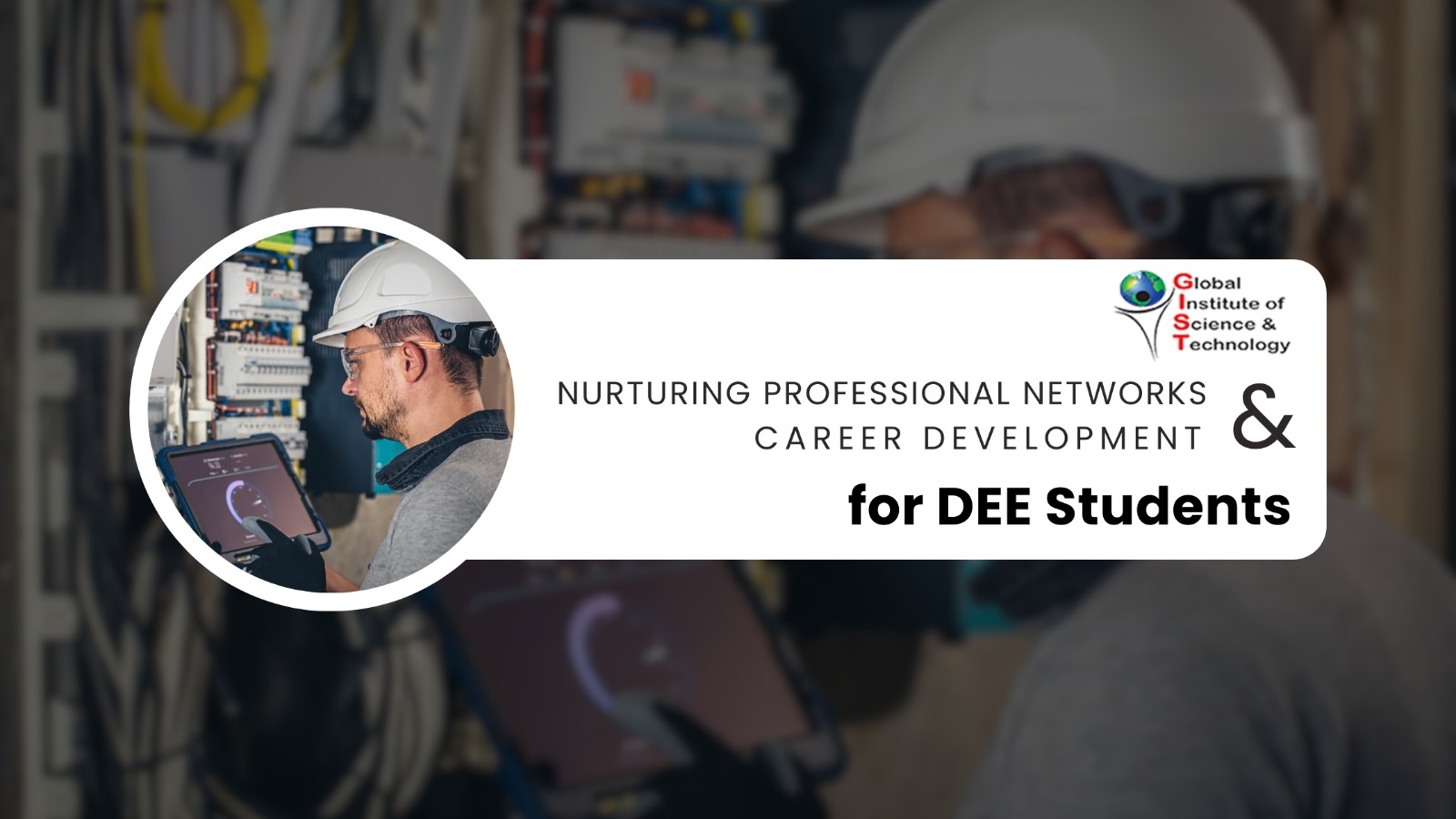
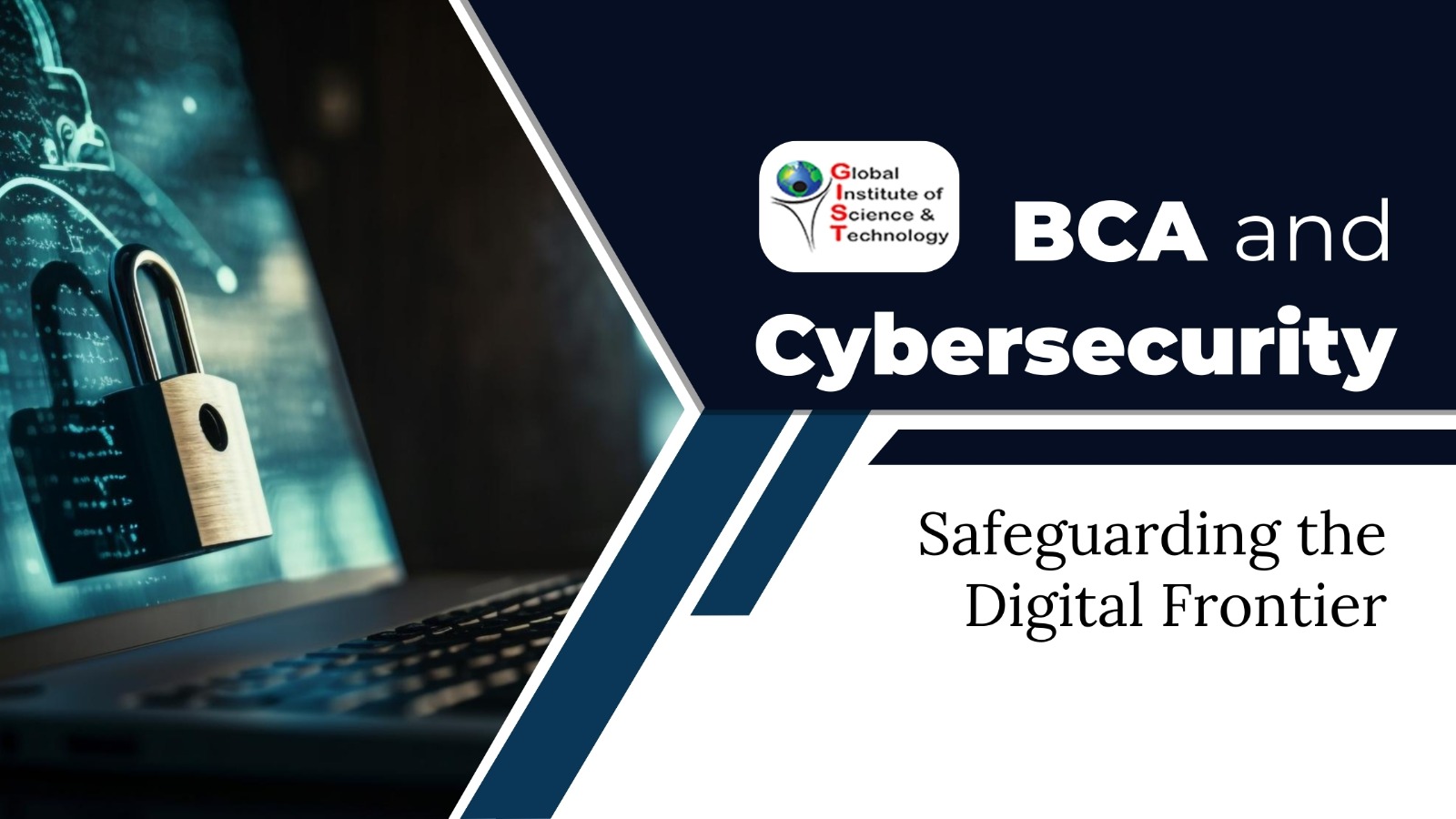
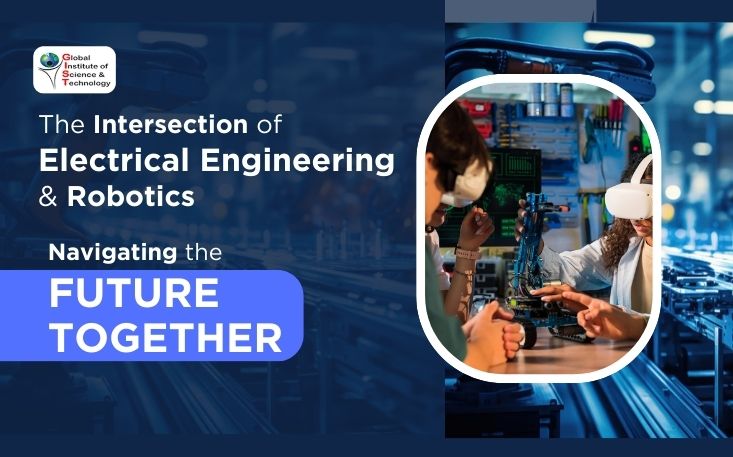


.png)



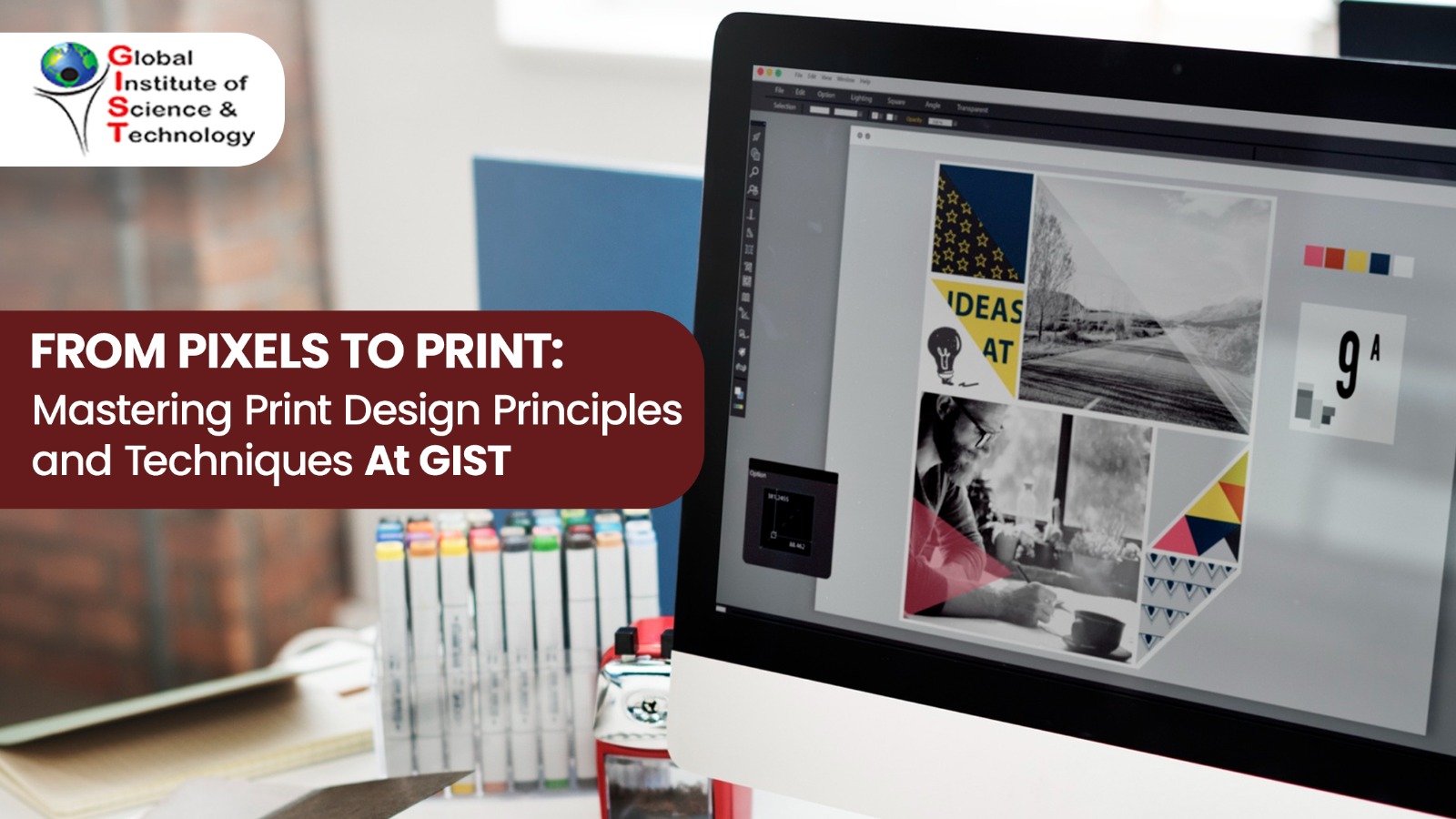




.png)

.png)
